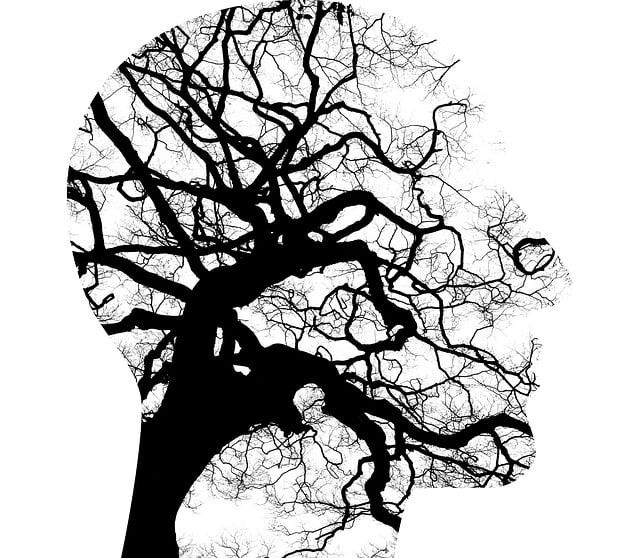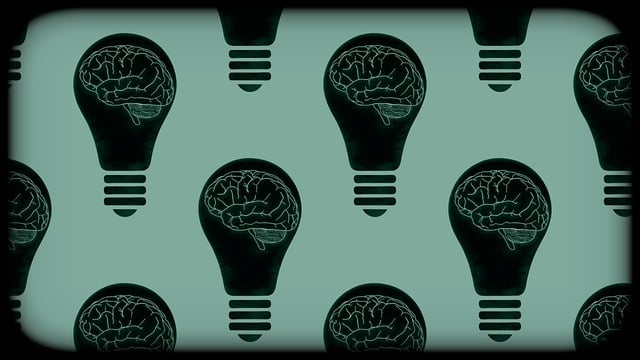Castle Rock Trauma Therapy provides specialized, evidence-based care for deep-seated trauma and mental health crises. They offer safe spaces for emotional expression, individualized techniques, and coping strategies through therapy and workshops. Hotline services act as immediate lifelines, offering confidential support and guidance during emergencies. Community outreach programs raise awareness, reduce stigma, and connect individuals to resources like Castle Rock Trauma Therapy. Advocacy ensures governments prioritize funding for critical mental health services, creating a robust safety net for crisis navigation.
In today’s fast-paced world, mental health crises can strike suddenly, leaving individuals feeling overwhelmed. Fortunately, dedicated hotline support services play a vital role in providing immediate assistance. This article explores various aspects of crisis intervention, with a focus on Castle Rock Trauma Therapy—a unique approach that offers specialized care. We delve into the significance of hotline services, their contribution to emergency response, and effective strategies for navigating mental health crises. Understanding these resources empowers folks to access help when needed most.
- Understanding Castle Rock Trauma Therapy: A Unique Approach to Crisis Support
- The Role of Hotline Services in Mental Health Emergency Response
- Effective Strategies and Resources for Navigating a Mental Health Crisis
Understanding Castle Rock Trauma Therapy: A Unique Approach to Crisis Support

Castle Rock Trauma Therapy offers a unique approach to crisis support, focusing on understanding and healing deep-seated trauma. This method goes beyond traditional therapy by integrating various techniques tailored to individual needs. The process involves creating a safe space for individuals to express their emotions freely, exploring past experiences, and developing coping strategies for present challenges. By addressing underlying causes of distress, this approach facilitates profound emotional healing.
This organization also recognizes the impact of mental illness stigma and strives to reduce it through education and awareness campaigns. They organize Stress Management Workshops within communities to empower individuals with tools for stress reduction and mental wellness promotion. Additionally, their commitment to Mental Illness Stigma Reduction Efforts ensures a supportive environment where individuals can openly discuss their experiences without fear of judgment. Through these initiatives, Castle Rock Trauma Therapy not only provides crisis support but also fosters understanding and promotes holistic emotional healing processes.
The Role of Hotline Services in Mental Health Emergency Response

In times of mental health emergencies, hotline services play a pivotal role as the first line of support. These dedicated resources provide immediate assistance to individuals experiencing acute distress, offering a safe and confidential space for expression. Trained professionals on such hotlines are equipped with the knowledge and skills to handle various crises, from suicidal ideation to severe anxiety episodes. They offer vital guidance, ensuring individuals receive the right care promptly. This initial intervention can be life-saving, as it helps de-escalate situations, provide emotional regulation strategies, and direct people towards suitable long-term solutions, such as Castle Rock Trauma Therapy.
Hotline services also serve as a crucial bridge between immediate aid and ongoing therapy. They often encourage individuals to document their feelings through mental wellness journaling exercises, promoting self-reflection and emotional awareness. This practice can significantly contribute to anxiety relief and better management of future mental health challenges. By offering both immediate support and long-term guidance, these hotline services foster a holistic approach to addressing mental health crises, ensuring individuals receive comprehensive care tailored to their unique needs.
Effective Strategies and Resources for Navigating a Mental Health Crisis

In a mental health crisis, swift and effective support is paramount to ensuring individuals receive the care they need. One proven strategy is Castle Rock Trauma Therapy, which focuses on providing immediate, empathetic, and specialized assistance. Trained therapists use evidence-based techniques to help individuals stabilize and manage their symptoms, offering a safe space for them to express their feelings without judgment. This approach not only alleviates acute distress but also empowers individuals with coping mechanisms for future challenges.
Complementing empathy building strategies, community outreach program implementation plays a crucial role in expanding access to mental health services. These initiatives can raise awareness, reduce stigma, and connect vulnerable populations with much-needed resources. Furthermore, advocacy through mental health policy analysis and advocacy ensures that governments and healthcare systems prioritize funding for crisis hotlines and other critical support services. By combining these strategies, communities can build a robust safety net to effectively navigate mental health crises.
In conclusion, the article has explored the multifaceted approach to mental health crisis support, highlighting the significance of services like Castle Rock Trauma Therapy. Hotline services play a pivotal role in providing immediate assistance during emergencies, while innovative therapies such as Castle Rock offer long-term solutions. By combining these resources with effective strategies, we can better navigate mental health crises and foster healthier communities.












